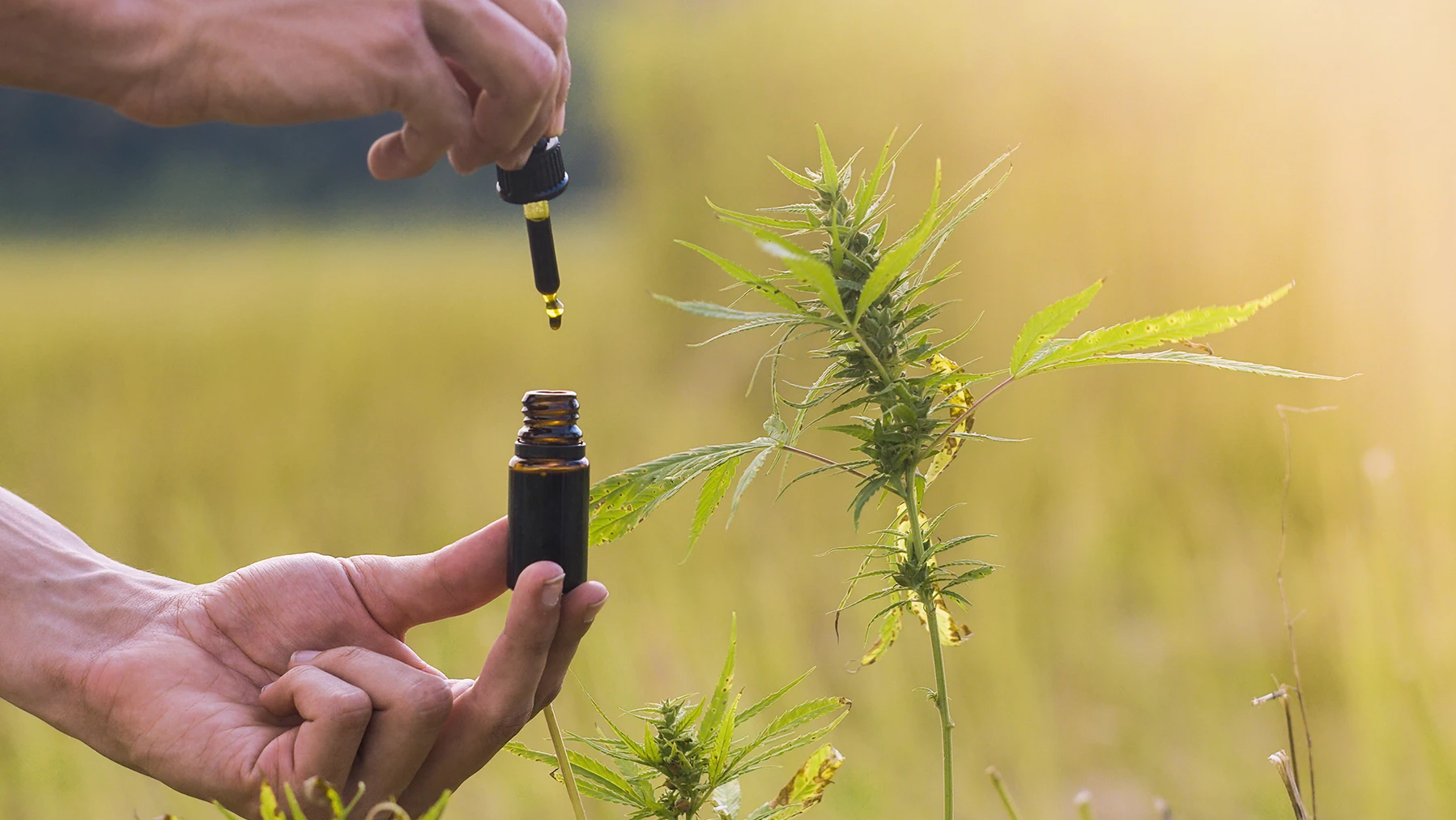Although medicinal cannabis has been legal in the UK since 2018, there are a number of misconceptions about medicinal cannabis which have persisted. This article will examine this issue and highlight the need for workplaces to update their Human Resource departments to stay up to date with medical cannabis legislation.

Stats on medicinal cannabis patients
While the specific number of Brits that have obtained medicinal cannabis prescription is unknown, it is estimated that there are over 30,000 patients in the UK. Despite this, there are many who are still unaware that medicinal cannabis is legal. This lack of awareness can result in stigmatisation, persecution or even termination in the workplace.
A qualitative study found that 84.4% of participants felt that medical cannabis patients were subject to stigma, and 40.2% of participants were afraid of what health professionals would think about their prescription.
Furthermore, a survey by Mamedica found that 56.59% of 4,001 participants did not know that medical cannabis was available through the NHS and private prescription. 84.53% of 4,000 participants also did not know that cannabis flowers were available using private prescription. These stats demonstrate that the majority of Brits are not aware of the changes to the law regarding medical cannabis, resulting in a failure of communication which could negatively affect patient’s health outcomes and mental health.
Medical cannabis in the workplace
These misconceptions can be carried into the workplace, and cause an environment of ignorance and hostility. Medical cannabis patients have a right to bring their prescriptions into work with them under The Equality Act of 2010 and Health and Safety at Work Act of 1974, however employers and employees within organisations may not be aware of these rights.
Many cannabis patients are afraid of disclosing their medical cannabis prescriptions to employers, and may avoid taking their medication on work premises due to these concerns. Harassment and isolation from their coworkers could also occur if HR departments are not aware of the legal framework in place and do not distribute these resources accordingly.

Mohammad Wasway from The Sanskara Platform encouraged patients to be open with their employers about their condition and prescription to clarify that their use is legal and necessary, therefore avoiding conflict and miscommunication.
“My advice is to be open. Think about it: if you need to administer during working hours and it isn’t on your break, and you haven’t told anyone, you can see that there will potentially be an issue where people mistake your use as illegal, and it creates a disturbance. It all comes down to the reasonable adjustments which can be more easily made than you might think.” Mohammad Wasway, when speaking with Releaf.
Solutions to workplace conflict
It is the employer’s prerogative to address this misinformation and ensure that workplaces are accommodating for medical cannabis patients. HR departments in particular should have medical cannabis training programmes in place to clarify the legislation around medical cannabis and its use in the workplace.
While more Brits are starting to seek medical cannabis prescriptions, the topic of medicinal cannabis is still insulated from wider society in many respects. Therefore, government officials could also minimise this issue by dispelling misinformation about medical cannabis legality in a more substantive way.
Employees could also play their part in raising awareness about this issue by communicating their prescription and informing employers about their concerns about taking their medication while at work. While this may not always disarm the issue of stigmatisation, early and open communication from both parties could be the best way to resolve this issue and improve workplace dynamics and health outcomes for medical cannabis patients.
Key Points
- There are over 30,000 medicinal cannabis patients in the UK.
- 84.4% of participants felt that medical cannabis patients were subject to stigma.
- 40.2% of participants were afraid of what health professionals would think about their prescription.
- 56.59% of participants did not know that medical cannabis was available through the NHS and private prescription.
- 84.53% of participants also did not know that cannabis flowers were available using private prescription.
- Medical cannabis patients have a right to bring their prescriptions into work with them under the Equality Act of 2010 and Health and Safety at Work Act of 1974.
- It is the employer’s responsibility to ensure workplaces are accommodating for medical cannabis patients.
- More awareness is required to minimise disinformation, stigma, and harassment in the workplace regarding medical cannabis.
- Open communication is key to maintaining healthy work relationships.
How Plantific can help with understanding medical cannabis
Our introductory course to the cannabis industry provides a comprehensive and detailed learning experience with extensive listing of the required research areas to be briefed on the past, current and future aspects of the international legal medical cannabis industry.
By the end of the course, you will have the necessary knowledge to:
- Understand the fundamental traits of cannabis and recognise the various components of the plant
- Grasp the process of cultivating cannabis and manufacturing cannabis-based products
- Differentiate between cannabinoid-rich products and non-cannabinoid rich ones like industrial hemp, as well as between the psychotropic component THC and non-psychotropic ones like CBD
- Discern how cannabis products are tested to comply with international standards
- Understand how the cannabis engages with critical systems in the human body
- Determine what the current body of scientific evidence says about the effectiveness treating medical conditions with cannabis
- Recognise the adverse effects and other risks of cannabis use
- Comprehend the current leading regulatory frameworks governing medical and recreational cannabis use, including pilot programmes
- Appreciate the historical and cultural significance of cannabis, as well as the development of policy debates and regulations surrounding its use.
- Formulate a panorama of the cannabis industry and the different sectors within it
If you are interested in learning more, explore the various courses we offer.


